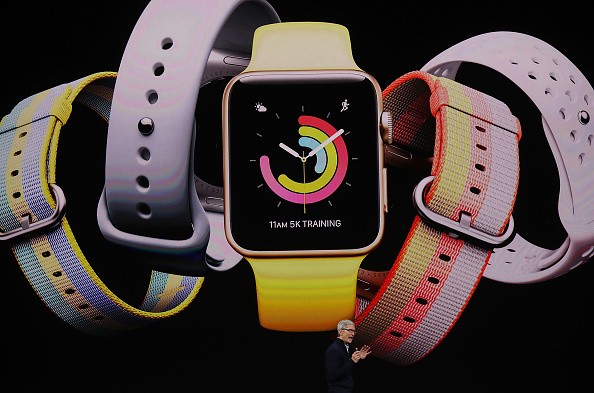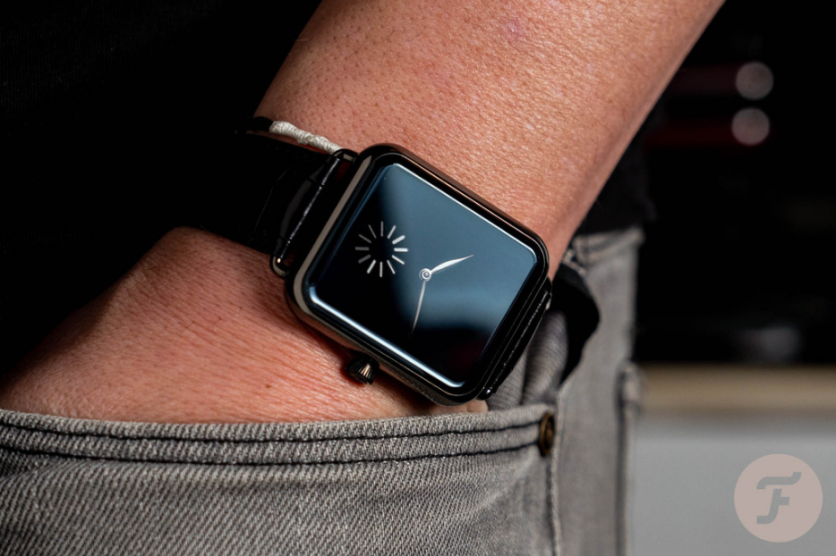Apple Watch has been used for a lot of functions nowadays, and it appears to be more than an accessory for others, especially after Stanford University's recently published study that deems its data "trustworthy." And by trustworthiness, the researchers meant that the data it gathers from its bearer and owner could be used in a clinical setup to detect heart diseases.
Apple Watch to Determine Heart Problems With Data Records

Sometimes an illness can pass a series of tests and checkups done by a doctor or health professional and can only manifest when undergoing stress or fatigue daily. These doctors are not always in the right place and time to be of service, which is why a machine may be brought at home for this detection.
However, it may not be available at most times, and doing so may be a hassle. But this problem or nuance would not be something to mind anymore, especially as researchers from Stanford University led by Neil Rens recently published a study entitled "Activity data from wearables as an indicator of functional capacity in patients with cardiovascular disease"
This study elaborates on the importance and effectiveness of an Apple Watch to help in gathering data from a patient. In turn, that data can be used to interpret and determine whether a person has underlying heart disease or illness that may be undetected during a trip or visit to a doctor. The researchers said that the smartwatch's data could be "clinically trusted" for detecting any ailments.

Read Also : Tesla Superchargers Offer 50 Percent Discount to Charge During the Night-California Locations Confirmed
Apple Watch: Data Proven Over 110 Study Respondents

According to the study, the Apple Watch Series 3 and iPhone pair were provided to 110 participants and respondents of the study, wherein they use an application called VascTrack to monitor their heart's data. The participants were followed for a period of 6 months, where the researchers have discovered to give positive results and yield high percentage rates.
Despite the Apple Watch not being the latest model from the Cupertino giant (currently the Series 6), the devices still drew out 90% sensitivity and 85% specificity in the clinical setting. On the other hand, the "frailty" measure of the smartwatch changed to 83% sensitivity and 60% specificity in a home setting.
The goal of the study is to determine if modern smartwatches that boast off functions such as health and fitness trackers are effective in a clinical setting where its data can be used for a critical assessment of a patient.
A study published in the New England Journal of Medicine in 2019 also tested the smartwatch's effectiveness as an Atrial Fibrillation device and deemed that it can detect irregular pulses that can sometimes be missed.
Related Article : Is iOS 15 Coming? Apple Music for Artists' New Icon Reportedly a Preparation for New Software Version
This article is owned by Tech Times
Written by Isaiah Alonzo
![Apple Watch Series 10 [GPS 42mm]](https://d.techtimes.com/en/full/453899/apple-watch-series-10-gps-42mm.jpg?w=184&h=103&f=9fb3c2ea2db928c663d1d2eadbcb3e52)



